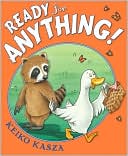I just love this book Thank You, Omu! by Oge Mora. Omu means “queen” in Igbo, a language spoken in Nigeria, a country in Africa. It is what the author, Oge Mora, called her grandma. Let’s say Omu together. What do you call your grandmother?
[There are lots of aspects of this book that can be discussed and build on to support various aspects of early literacy. Here are a few.]
Background knowledge—book and story knowledge: Let’s look at the cover of this book. What do you see? What do you think this book might be about? Choose a repeated phrase to have the children join in with. Have children retell the story in order, using a flannel board or props.
Background knowledge—content knowledge: How do you think the author made the picture? It is called collage, cutting out shapes from paper and painting them or coloring them with marker. Have children make a collage.
Print Awareness: Point out the word Knock! and Thank you, Omu or any of the text written in caps. Point out word in the pictures such as TAXI, Open. Note that Omu is reading a book. The writing of a thank you card.
Phonological Awareness: make the sound of knocking, and point it out.
Letter Knowledge: Point out shapes such as the star on the police officer’s shirt, other shapes in the collages. Spell out Omu as you point to the letters. Letters spelling Thank you Omu on the last page.
Vocabulary: so many words that mean delicious—tasty, scrumptious, delectable. Say repeated phrase together “scrumptious scent wafted out the window”—talk about what the phrase means.

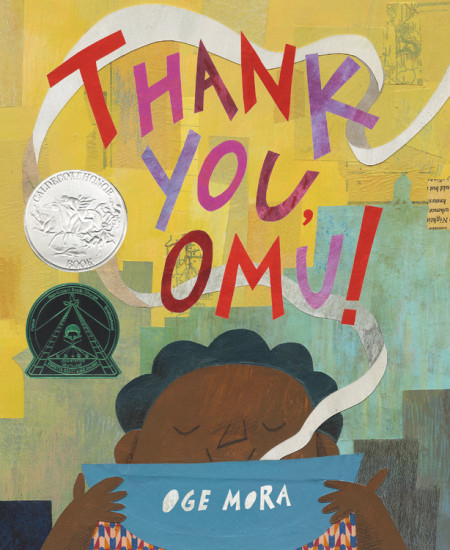

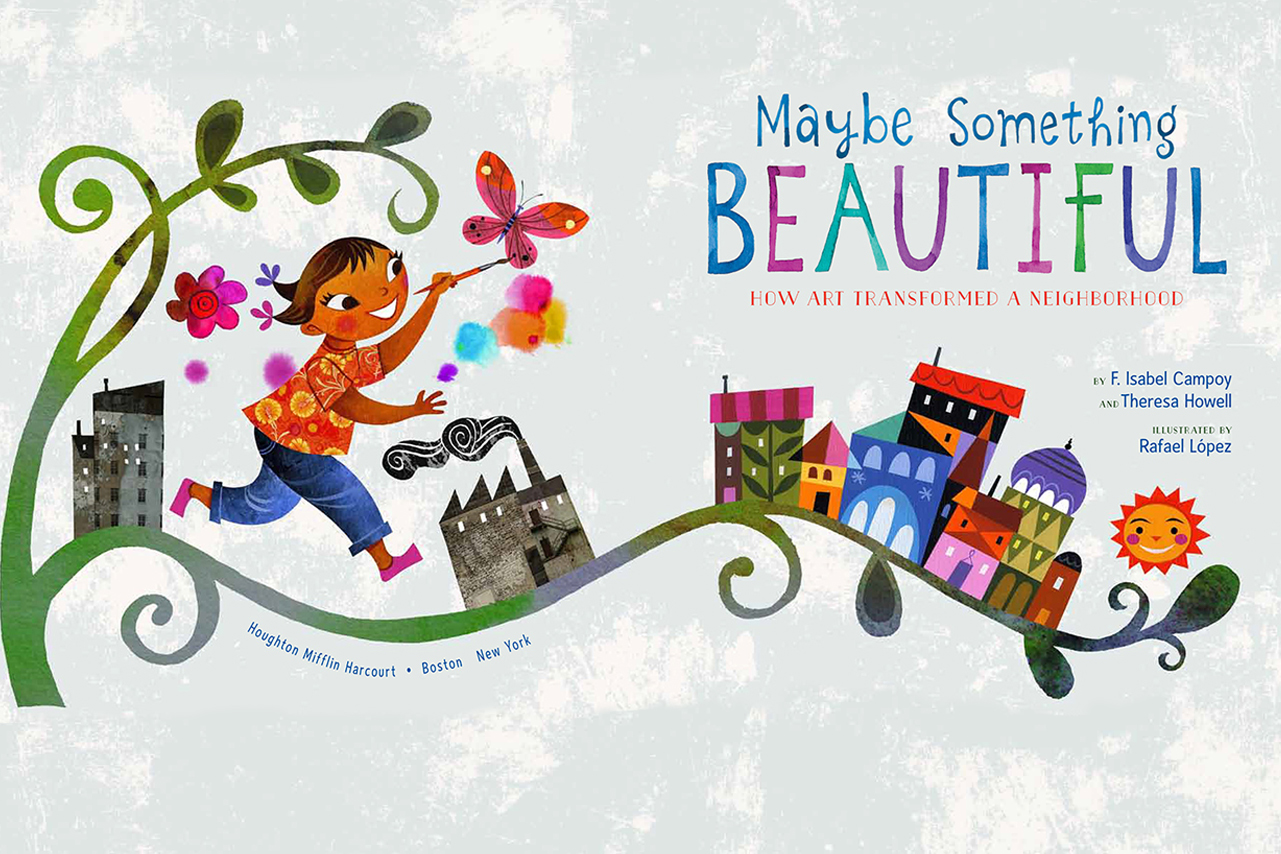

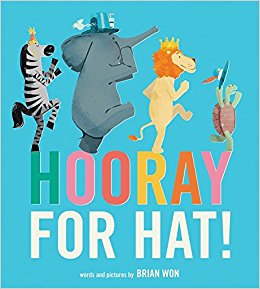
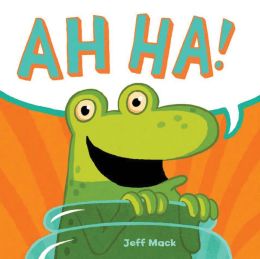

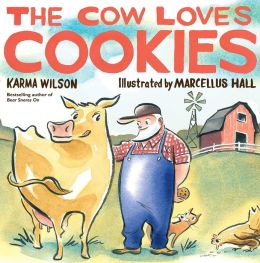



 Read through Breakfast for Jack by Pat Schories (or another wordless book of your choice) Let the children contribute to the conversation as you go through the pictures in the book.
Early Literacy Aside--Example: Using wordless books and having your child tell the story is one easy way to develop your children's narrative skills--having them tell stories. They can tell the story different ways when reading the book several times.
Early Literacy Aside--Empower: I have displayed some wordless books today. Feel free to check them out and have your children tell you the story. If they seem to be stuck, you can ask open-ended questions like "What do you see in this picture? What do you think is happening here?" If you are telling the story together, remember to follow your child's lead. Supporting your children's narrative skills helps them later understand what they read.
Read through Breakfast for Jack by Pat Schories (or another wordless book of your choice) Let the children contribute to the conversation as you go through the pictures in the book.
Early Literacy Aside--Example: Using wordless books and having your child tell the story is one easy way to develop your children's narrative skills--having them tell stories. They can tell the story different ways when reading the book several times.
Early Literacy Aside--Empower: I have displayed some wordless books today. Feel free to check them out and have your children tell you the story. If they seem to be stuck, you can ask open-ended questions like "What do you see in this picture? What do you think is happening here?" If you are telling the story together, remember to follow your child's lead. Supporting your children's narrative skills helps them later understand what they read.